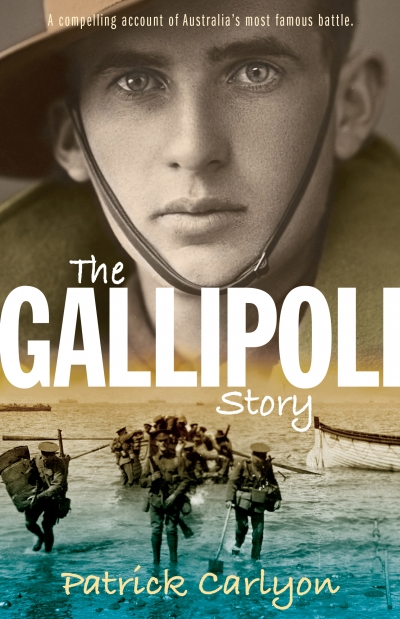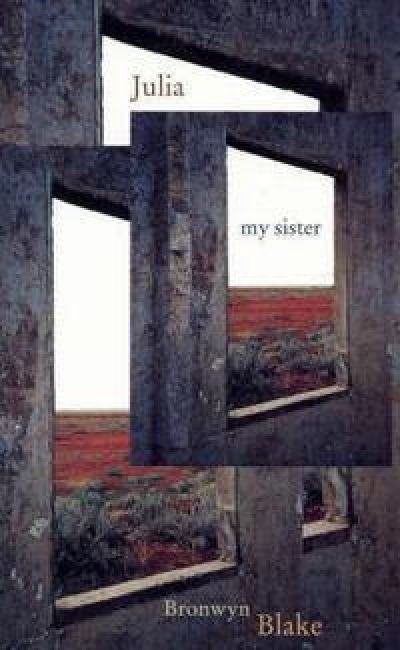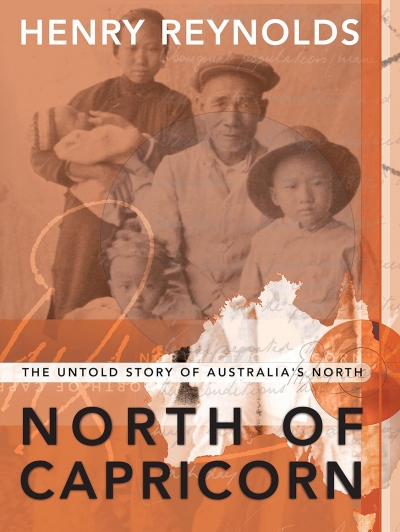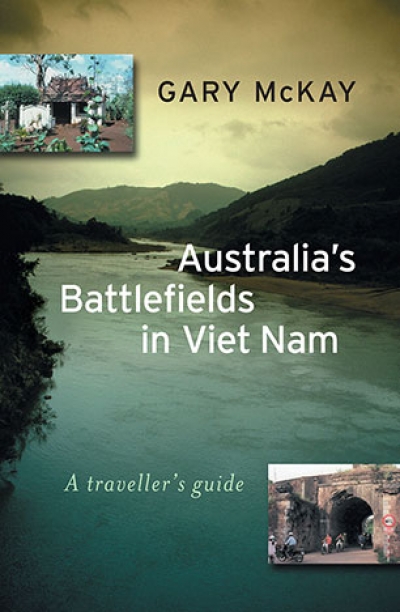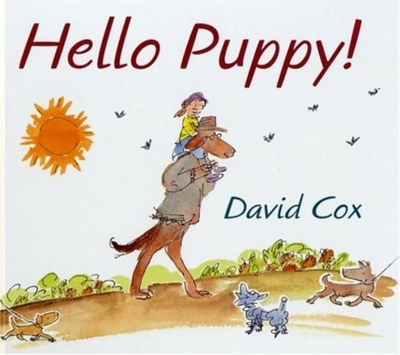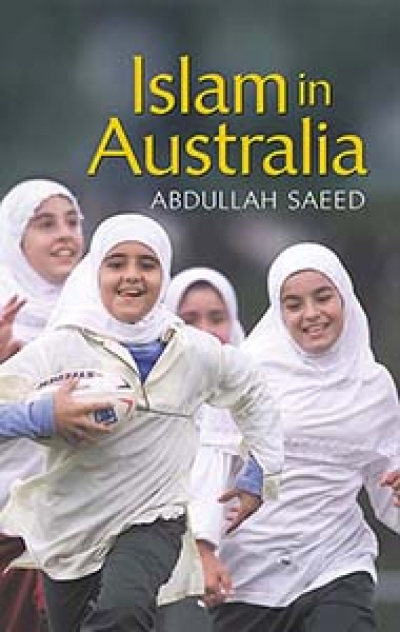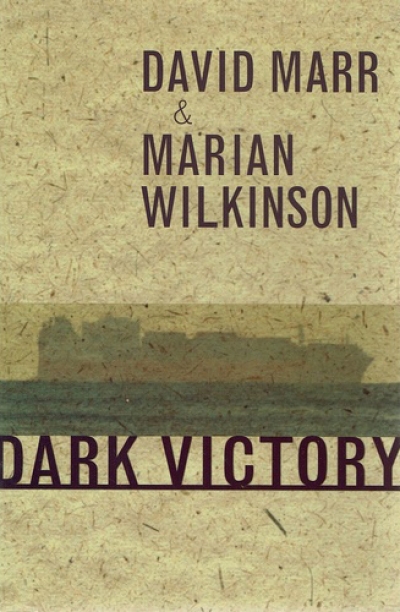Allen & Unwin
The Gallipoli Story by Patrick Carlyon & Lasseter, the Man, the Legend, the Gold by Kathryn England
by Dianne Schallmeiner •
Julia My Sister by Bronwyn Blake & Thambaroo by Jane Carroll
by Robyn Sheahan-Bright •
North of Capricorn: The untold story of Australia’s north by Henry Reynolds
by Nicholas Jose •
Australia’s Battlefields in Viet Nam by Gary McKay & On the Offensive by Ian McNeill and Ashley Ekins
by Jeffrey Grey •
Hello Puppy! by David Cox & Milli, Jack and the Dancing Cat by Stephen Michael King
by Virginia Lowe •
Dark Victory by David Marr and Marian Wilkinson & Don’t Tell the Prime Minister by Patrick Weller
by Morag Fraser •

